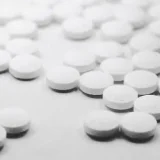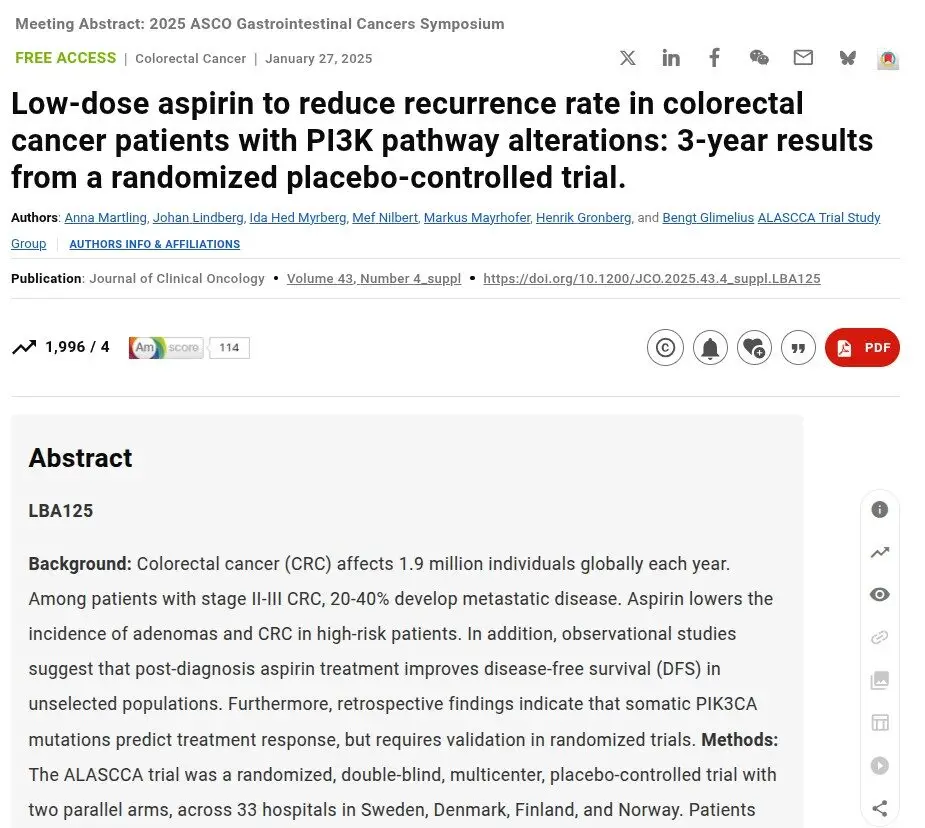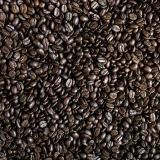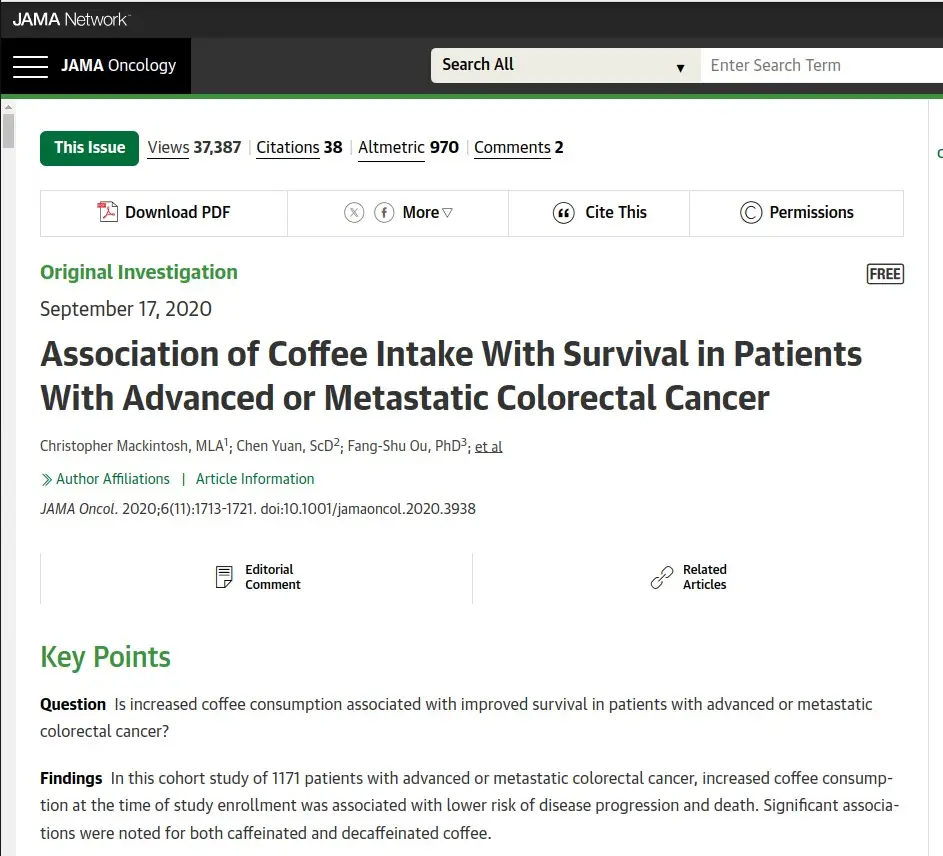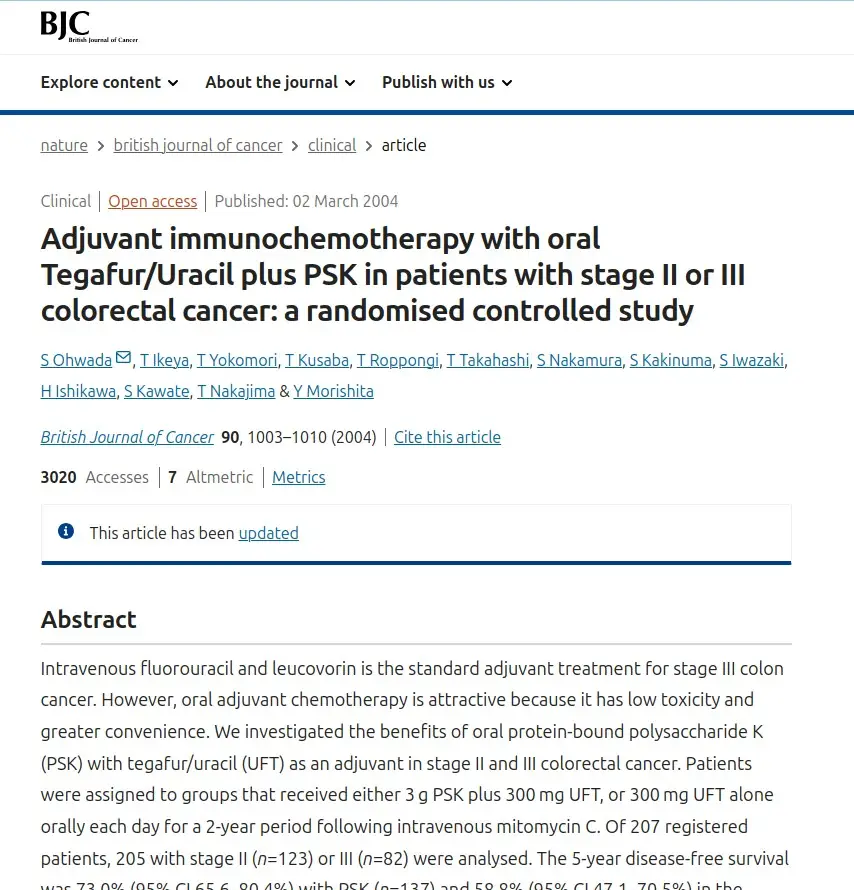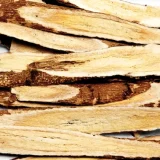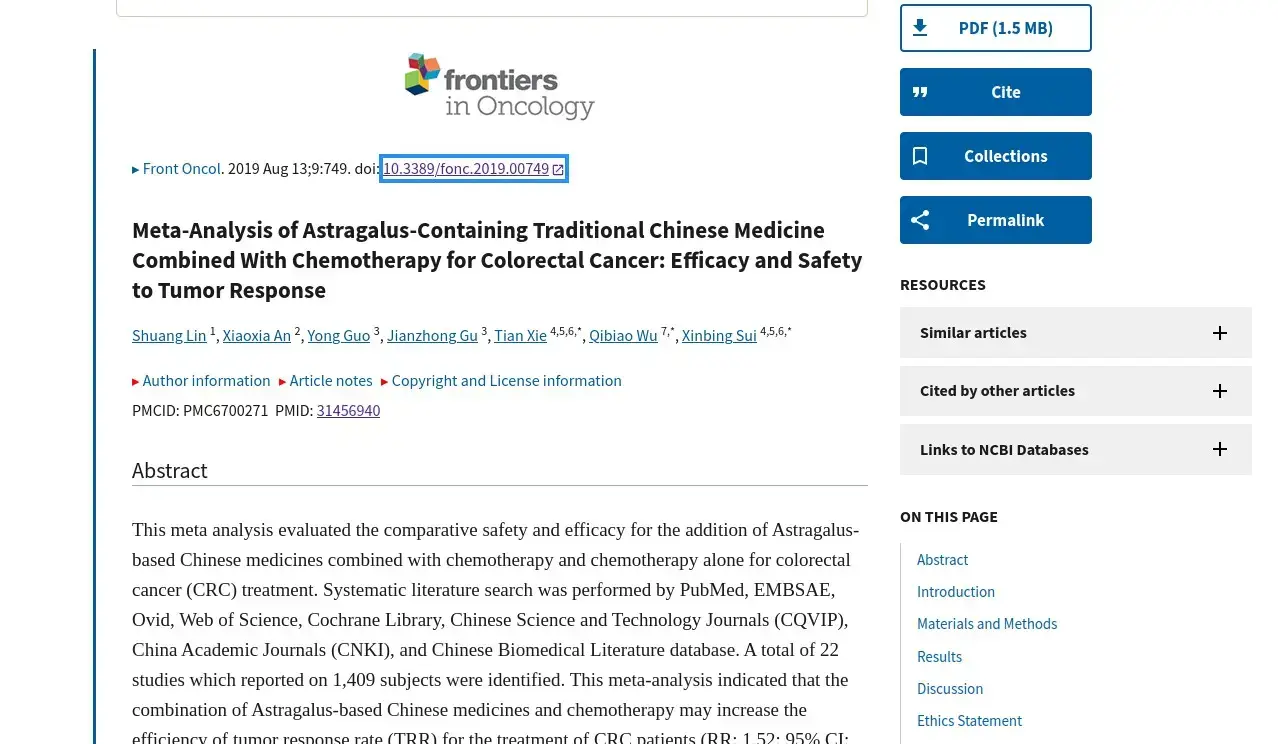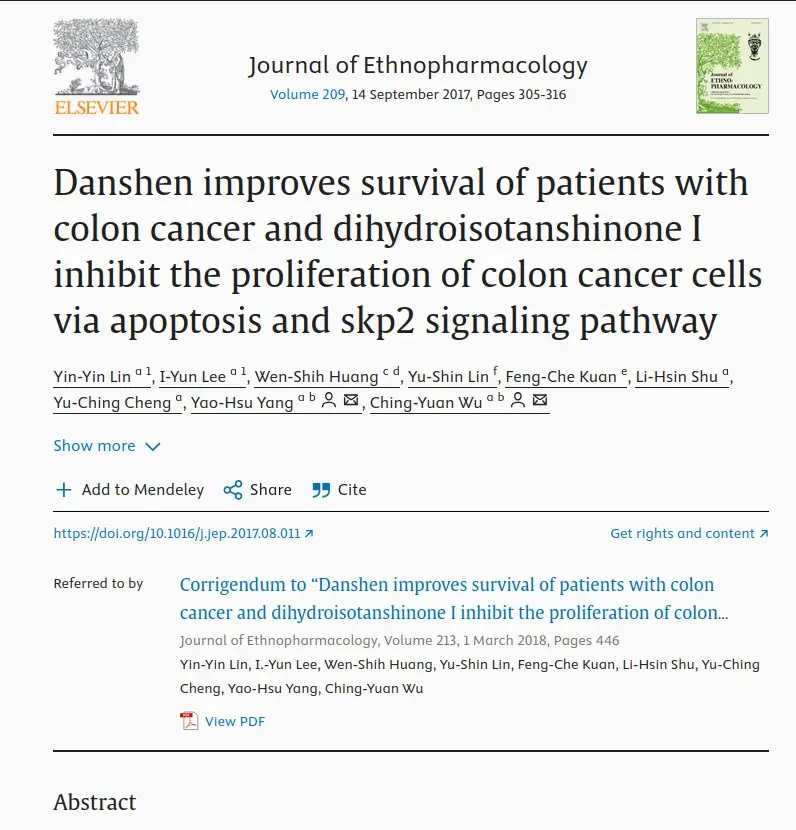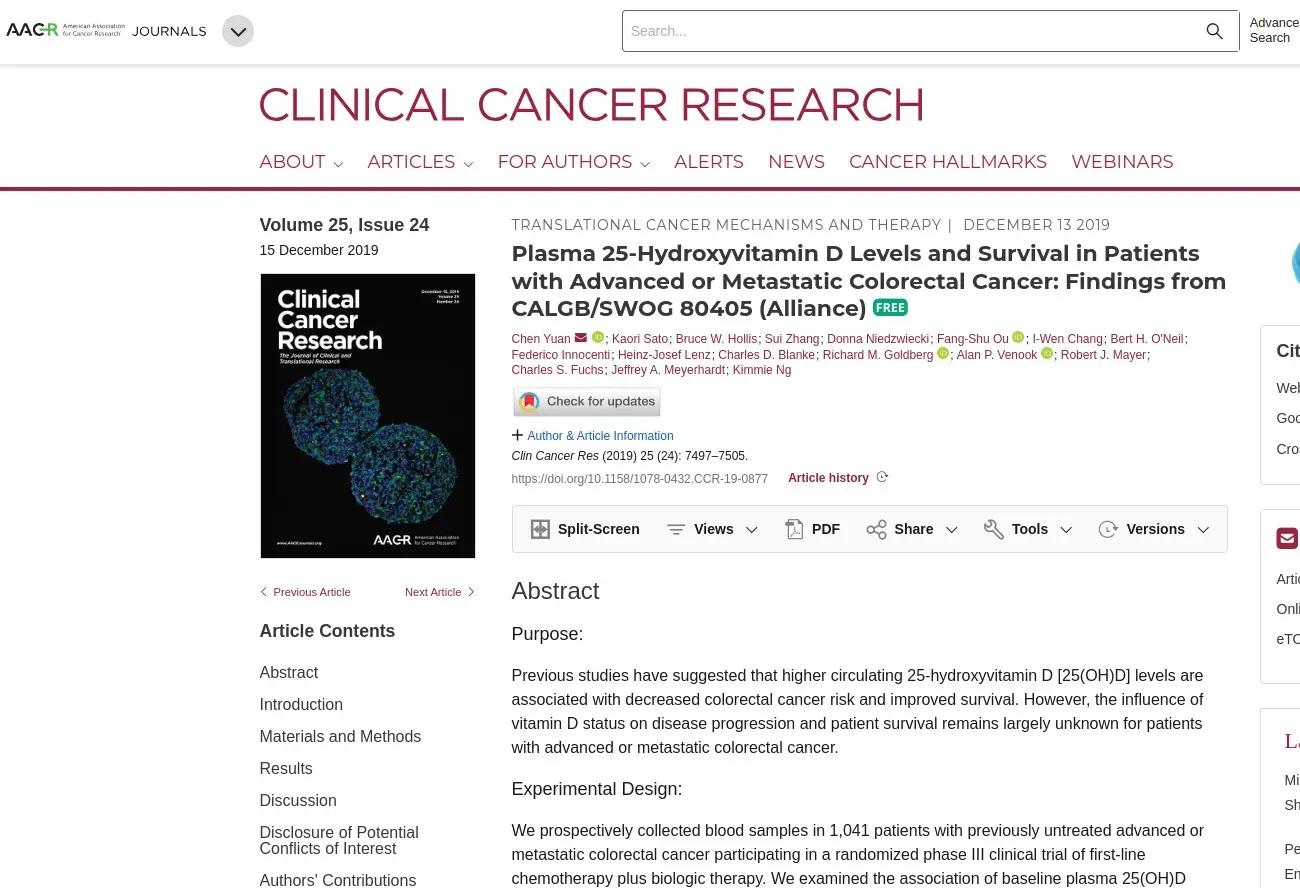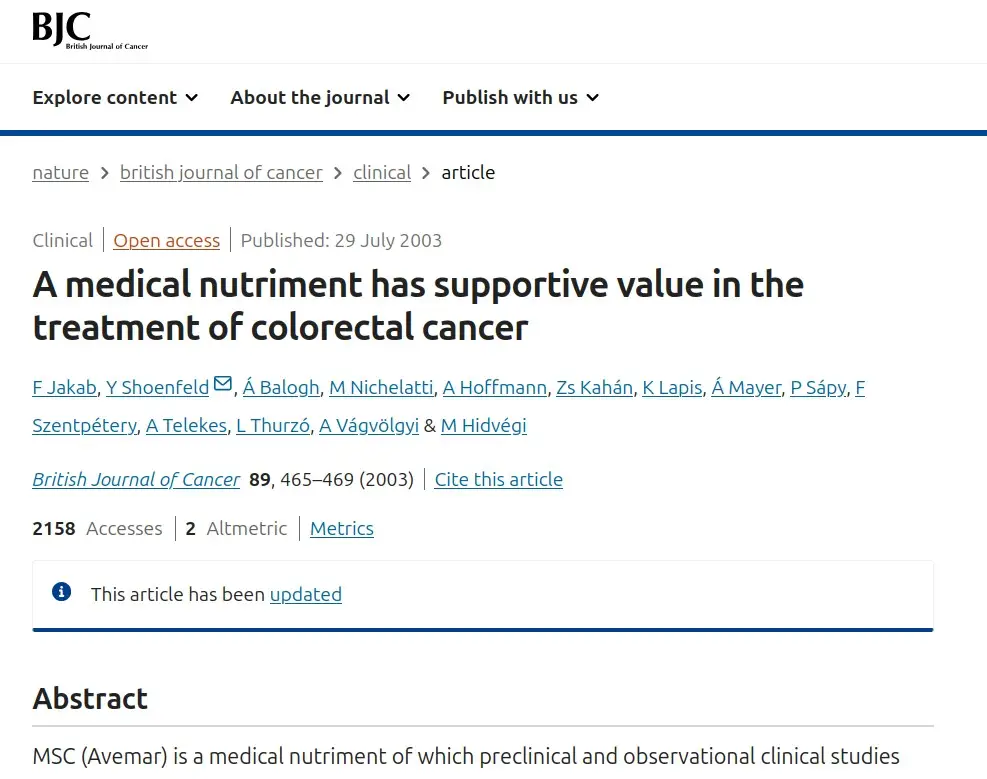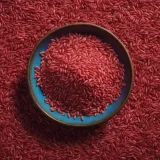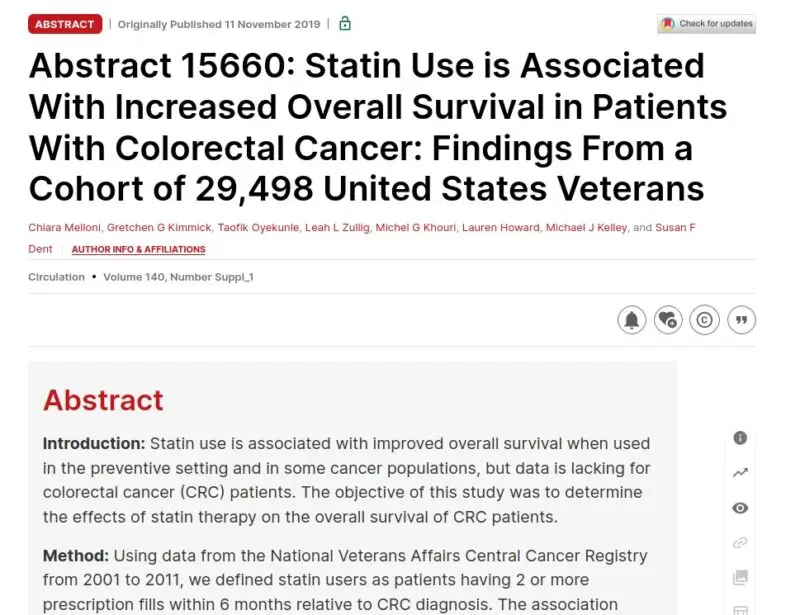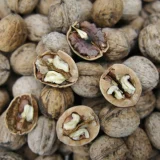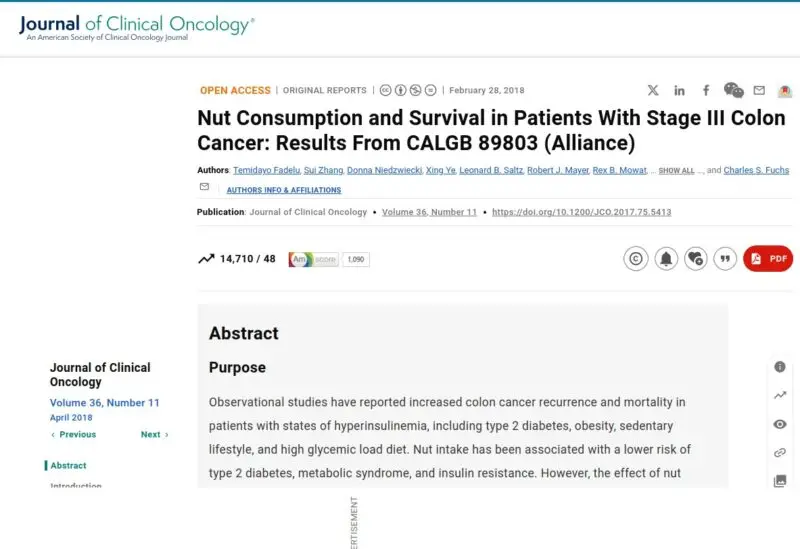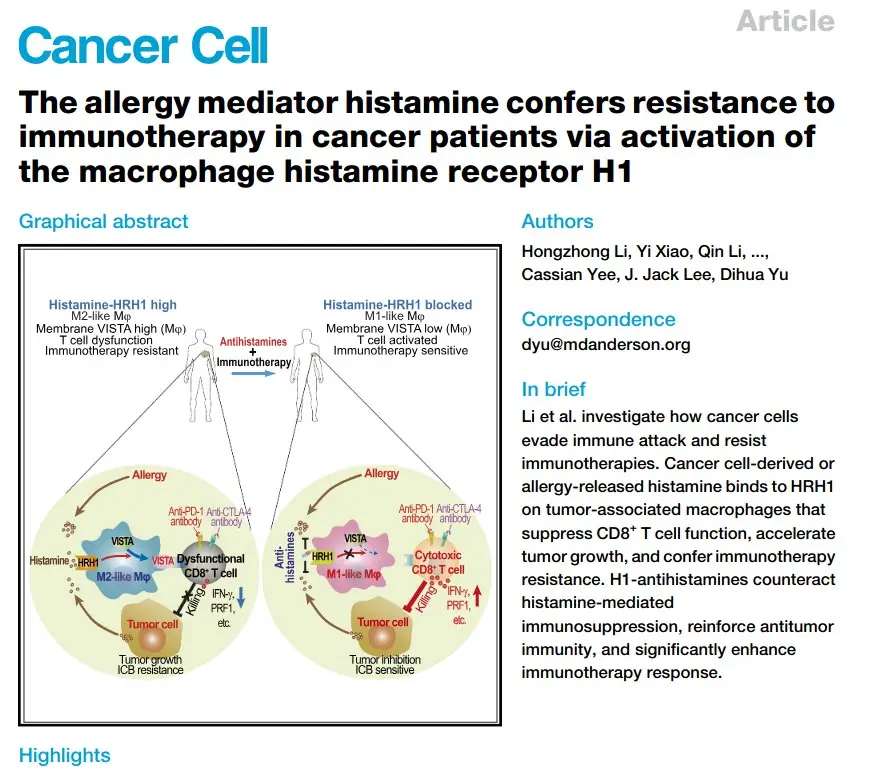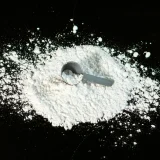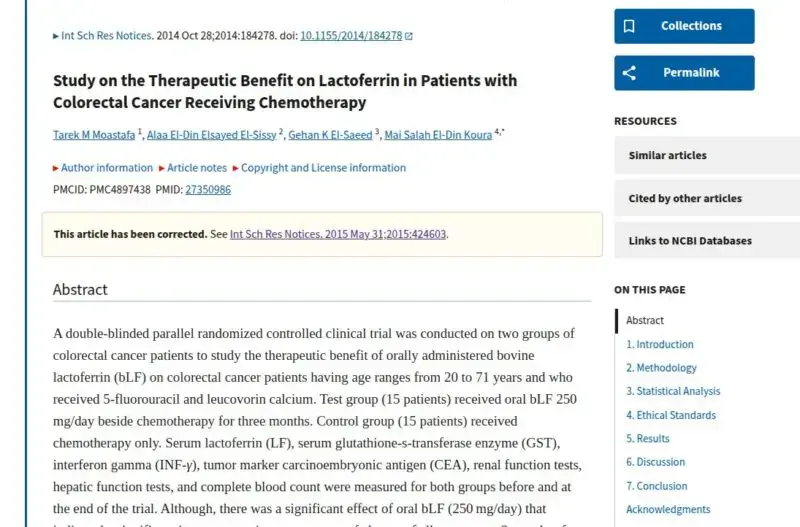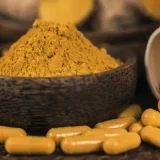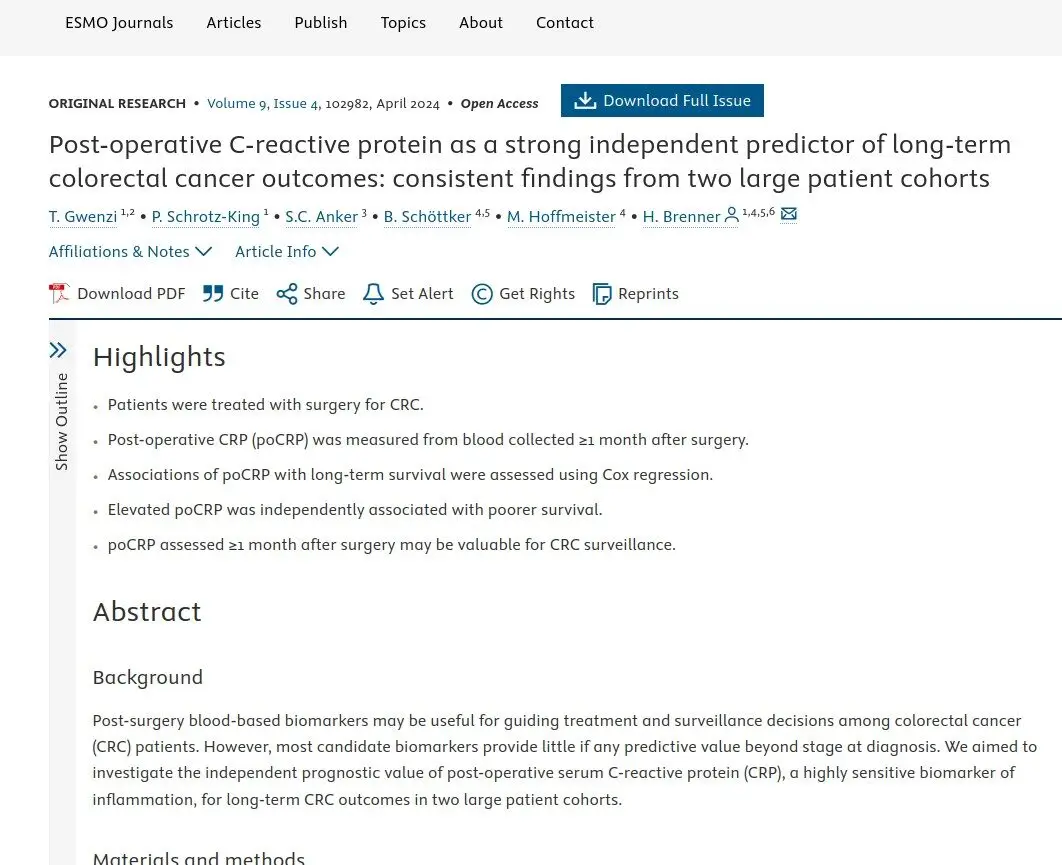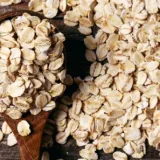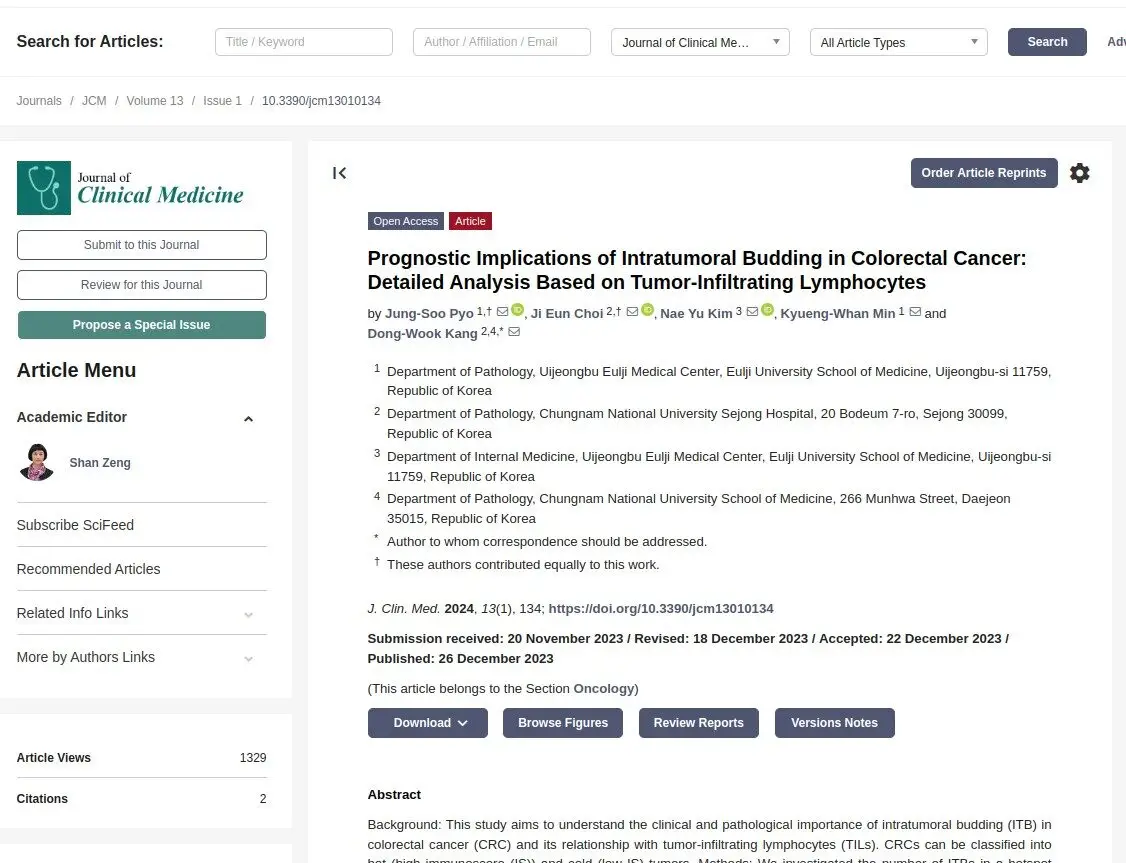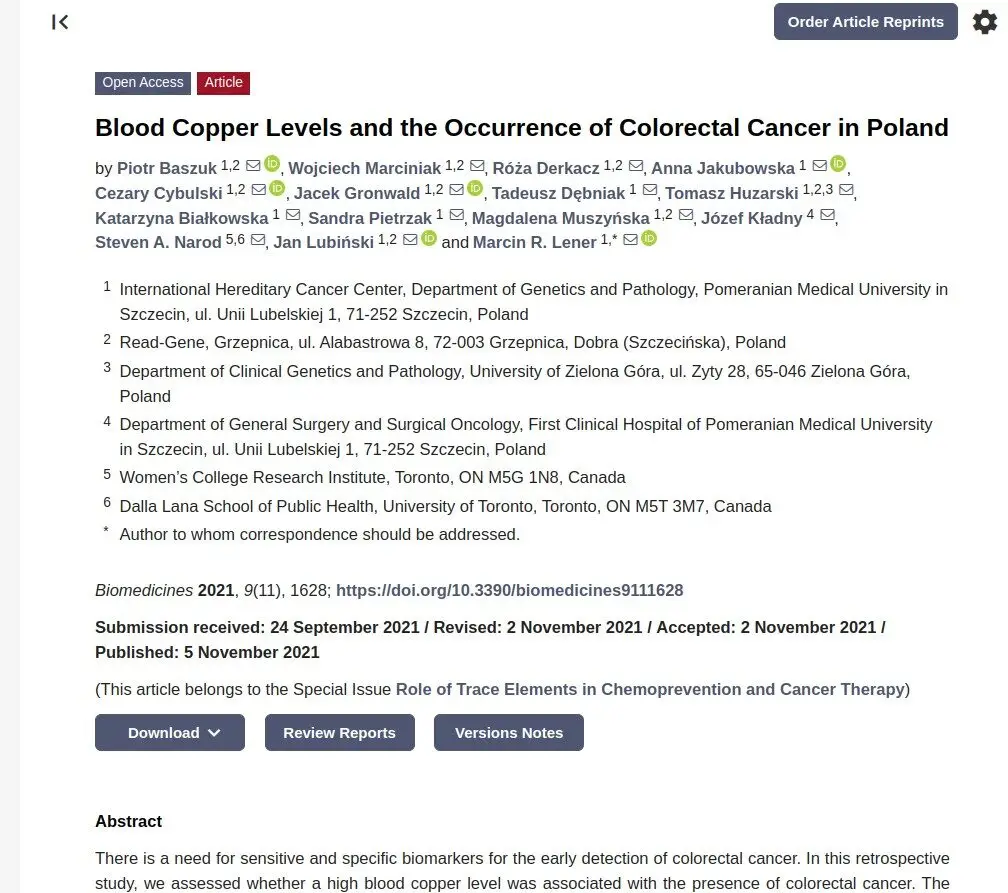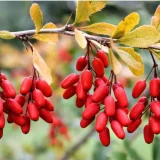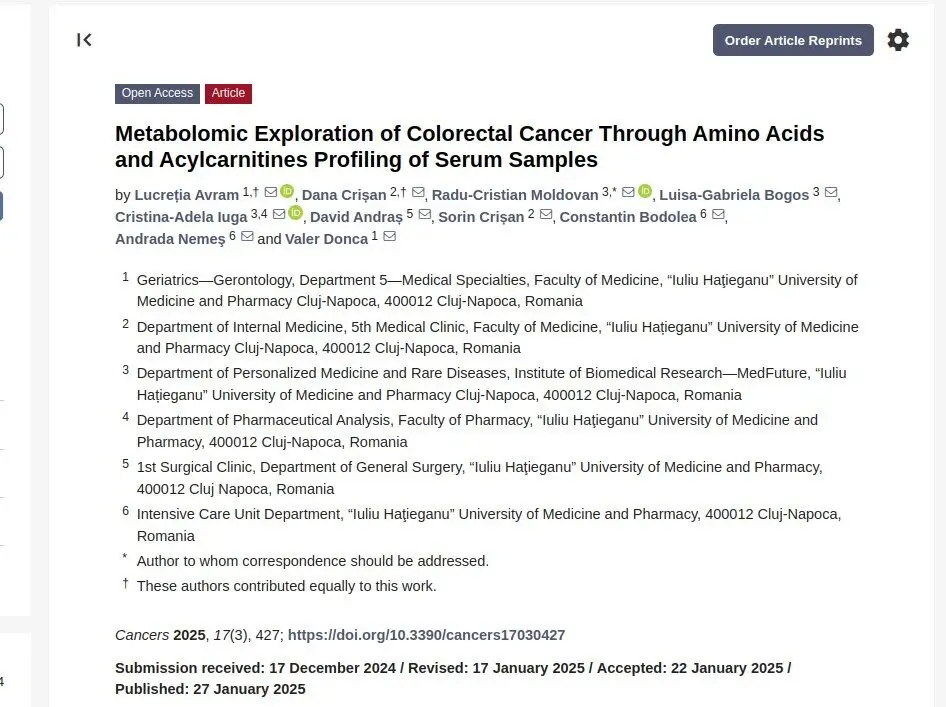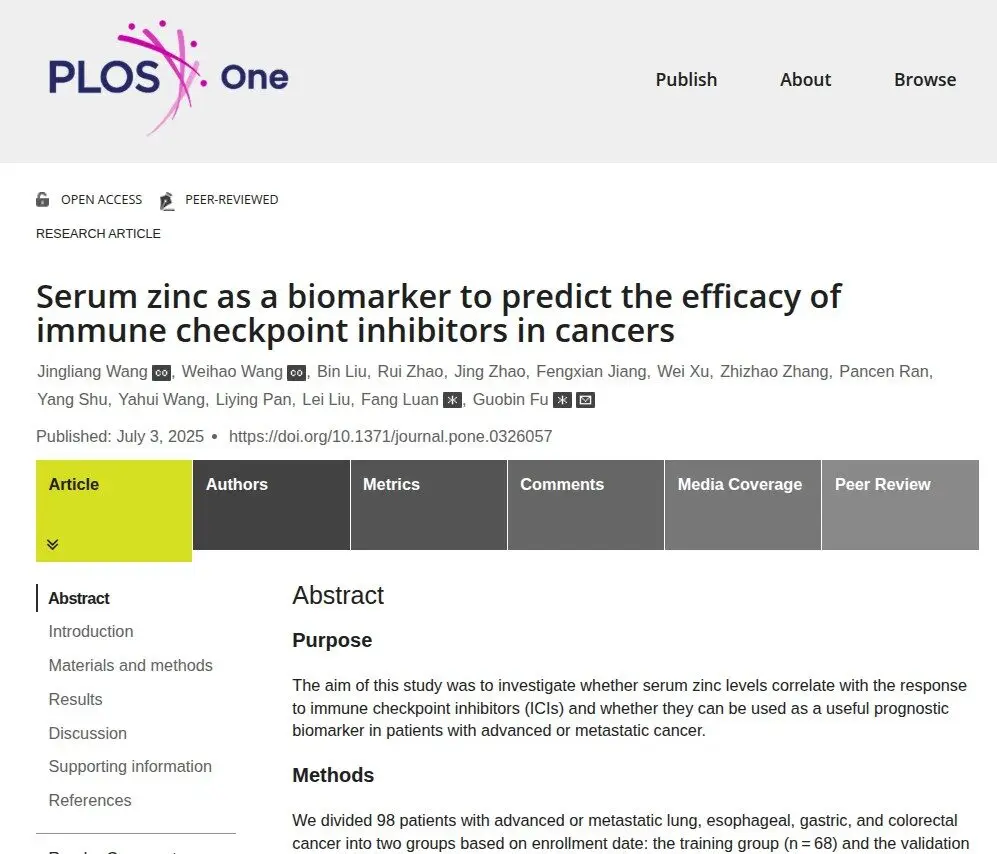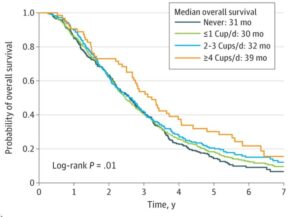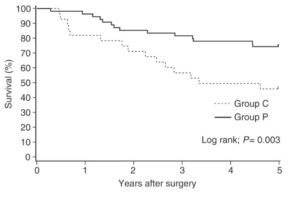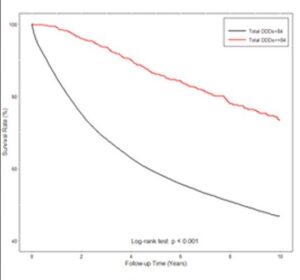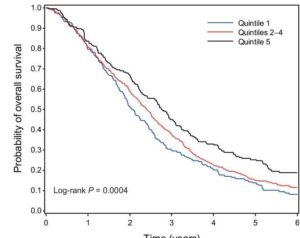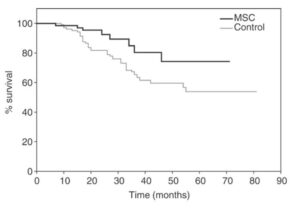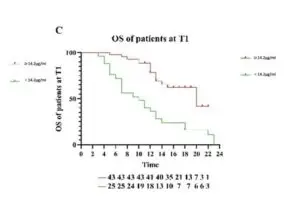Here there are multiple widely proven supplements, foods and over the counter drugs with evidence of improving both treatment results and often lowering side effects. The surprising levels of these impacts can often exceed those of some newly emerging oncology drugs – which often bring their own side effects when added to a treatment plan.
Low dose aspirin is well researched in colorectal cancer, usually about 80mg mg but up 160mg. The recent ALASCCA study found clear benefits in third or so of patients with a common genetic feature. These so called “PI3K positive” patients were “responders” to aspirin with much lower progression risk. There are other studies reporting over a 25% lower risk for cancer spreading. Similarly, in vitamin D3 several studies show around a one third advantage in thoser with higher natrural levels, for both progression and all cause risks. Effects of statin use show more mixed results, often milder risk reductions 15 to 20% for disease progression and all cause mortality. In other cancers the impacts are, like aspirin, in “responders” who exhibit strong cholesterol reduction when starting statins. Given synergies with aspirin there may be an increased effect used together, something confirmed in lung cancer. Atorvastatin is the most well established in cancer research. Where a prescription isn’t available, red yeast rice is the widely available supplement and source of lovastatin.
Coffee consumption has been found to decrease disease activity, not least digestive tract cancers like colorectal and gastric, here with over a one third risk reduction. Also with broad research in this area, the widely available and proven turkey tail extracts used in asian oncology can often have even more impressive impacts, and while lowering some treatment side effects. The active compounds “beta glucans” derived from mushrooms or yeast are also widely researced in many cancers with improved outcomes, and have their own entry in the Supplement Library. Similarly, patients adding the equally well proven herbal extracts, astragalus and danshen, to their oncology treatments can often see both much lower progression rates and less likelihood of major side effects. Reported impacts on risk reduction can be over a half.
Fermented wheatgerm extracts have been reported on in research trials for the last 20 years, and in colorectal patients the results are compelling. Again, findings include significantly lowered overall and cancer progression risks and fewer drug side effects. Most trials are sponsored by the vendor of Avemar brand compounds, but data is consistent in other cancers and at several research locations. With immunotherapy, H1 class anti-histamines like deloratadine also have good evidence of improving response rates and overall outcomes. This study below did not find risk reductions used with chemotherapy, but there are findings in other large scale population data of some effects, and potentially specific to desloratadine.
An emerging prebiotic in from anti-aging science, lactoferrin research finds very useful reduced side effects during chemotherapy. And, fascinatingly, strong reductions in key measures of disease activity, so called CEA markers. Research shows lower CEA level is linked with half the progression risk , and its elevated in almost all patients. Lactoferrin actively binds iron, improving crucially important iron balance. This reduces anemia or deficiency in iron levels in the blood, in itself a risk factor. And circulating ferritin, the enzyme like protein utilized by cancer to fuel its growth.
Systemic inflammation is linked with increased risks for progression, especially in later stages. Both acute type inflammatory responses (measured by c-reactive protein or CRP), and immune system related inflammatory responses (neutrophil-to-lymphocyte or NLR ratios) Maintaining relatively lower levels of both types of inflammation can make a big difference. Commonly used Astragalus root has evidence of improving this immune system balance while curcumin and other other functional foods including garlic can help bring down acute style systemic inflammation . Also for reducing inflammation and side effects of treatment, clinical trials are ongoing in Sweden with an functional foods from oats and egg that can reduce internal fluid pressure in tumors, allow better drug penetration during oncology. Some striking results have come from early use in brain tumors treatment.
Also in metabolic changes with cancer activity, upregulated fatty acid (lipid) is linked to progression. Berberine, and Urolithin A have good ability to reduce this fatty acid activity, along with several other supplements here. Another feature clearly associated with poor prognosis are tryptophan-kynurenine amino acid levels, and evidence here in sports research shows helpful reductions from the presence of gut bacteria akkermansia together with lactate from diet.
The so called Th1/Th2 immune system balance is strongly linked to the progression and to treatment resistance. Molecular iodine solutions are emerging in this area in breast cancer management and seen boosting Th1 anti tumor activity and helping suppress over active Th2 used in resistance. The has improved results in surgery plus chemotherapy and may support increased response immunotherapy (see Supplement Library). In a few cases treatment may include immunotherapy, where the presence of high sodium, zinc and magnesium levels are now identfied as a key marker for success in other cancers. Also in other cancers, AM treatment programs are substantially more effective that PM/evening sessions
In lifestyle changes, there are some instances of ketogenic diets benefiting patients in clincial trials. But even more clear are the reduced progression risks bought with anti-inflammatory foods combined with structured exercise regimes (see Lifestyle)
In repurposed drug trials, the combination of etodolac and propranolol is showing promise (see Repurposed Drugs)


